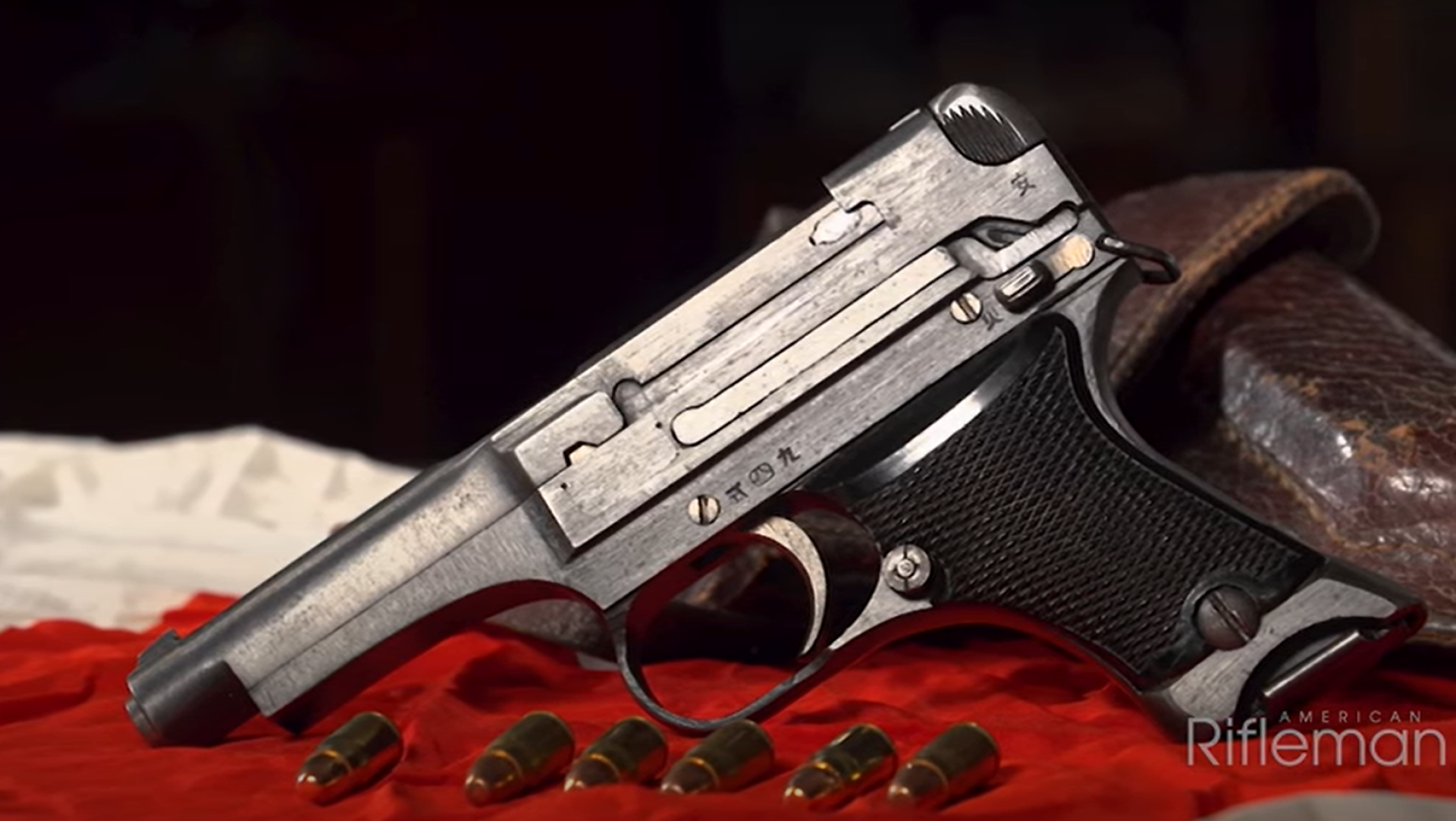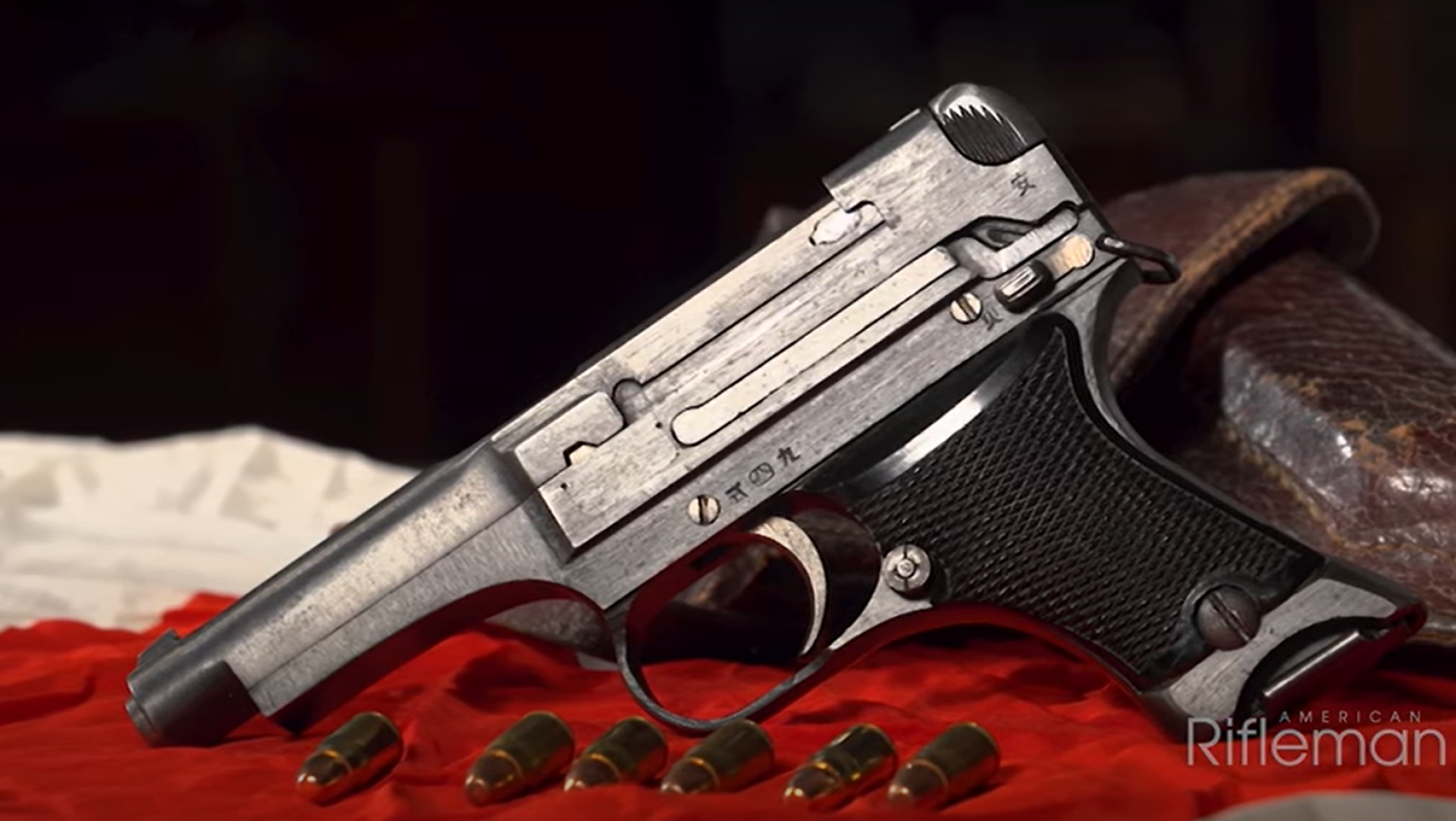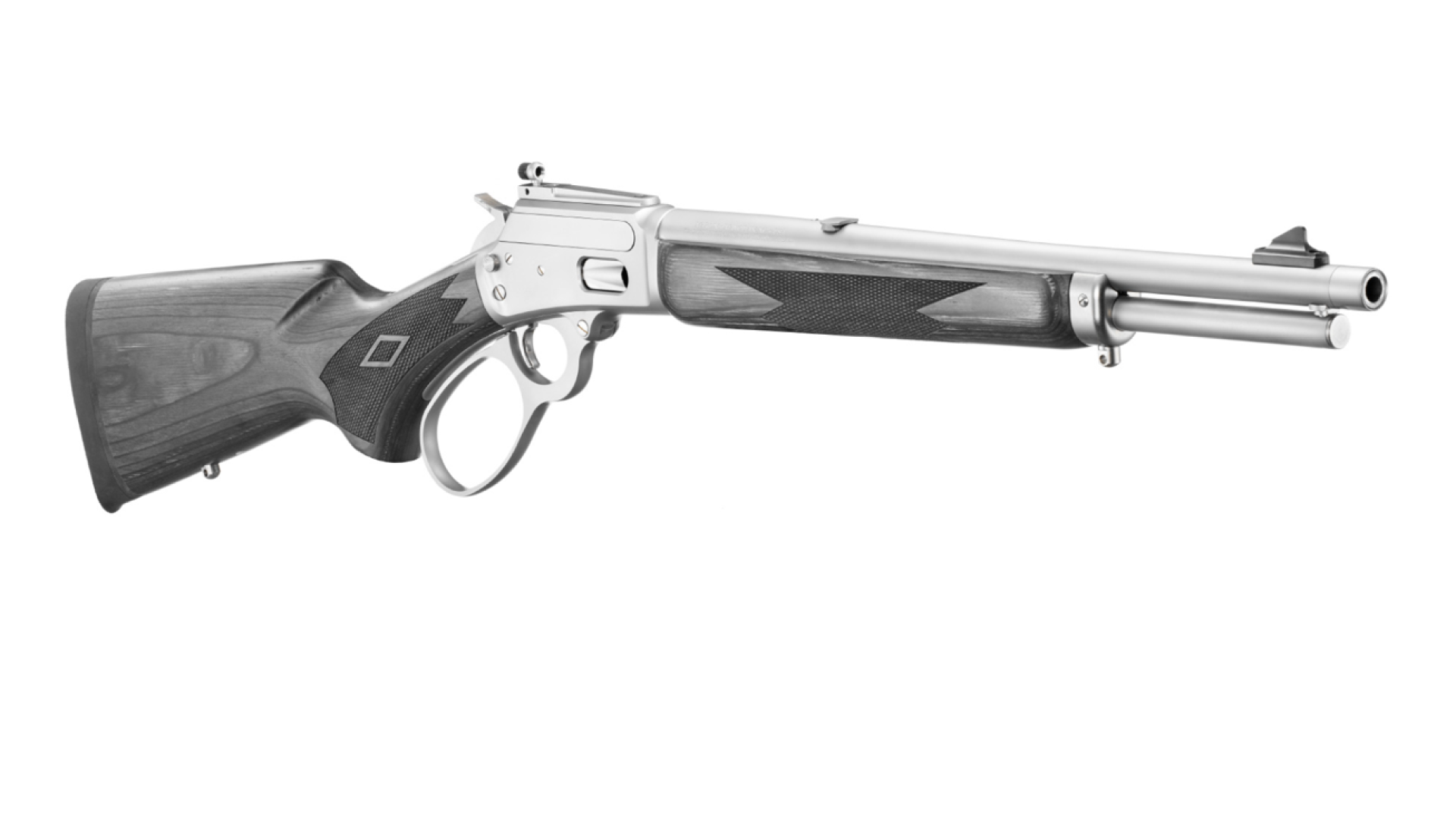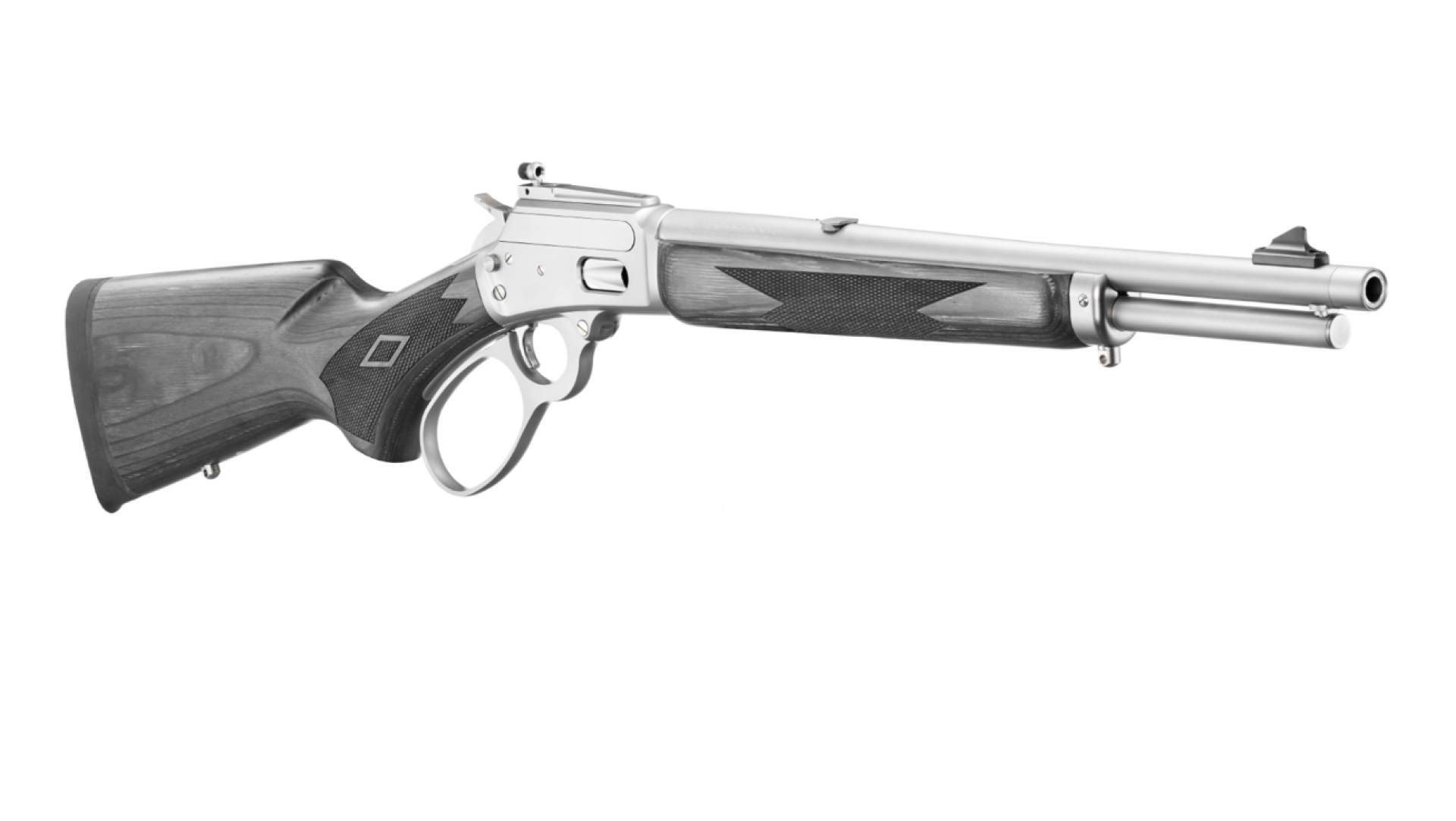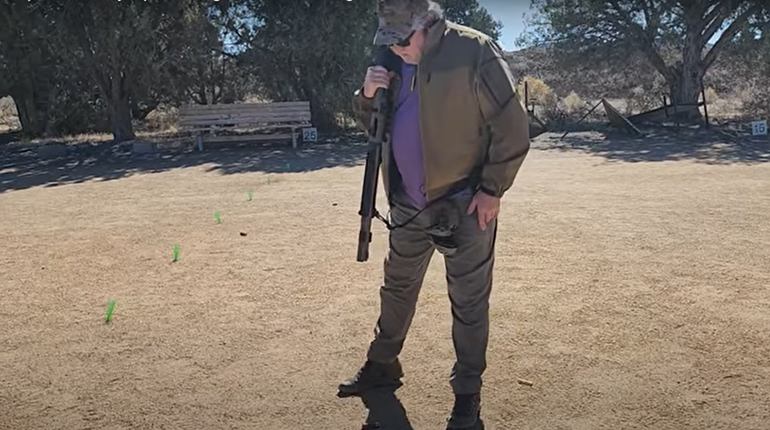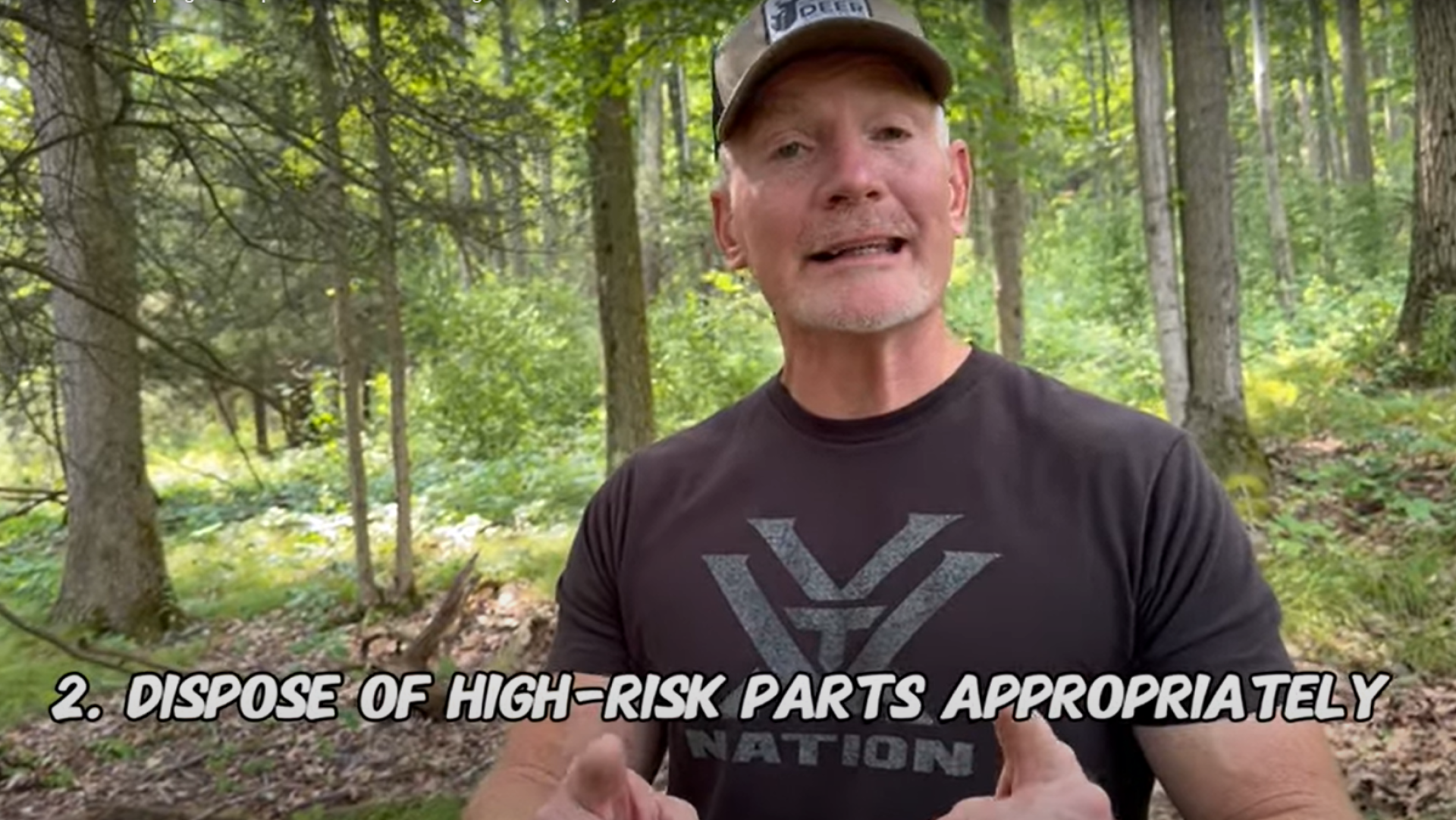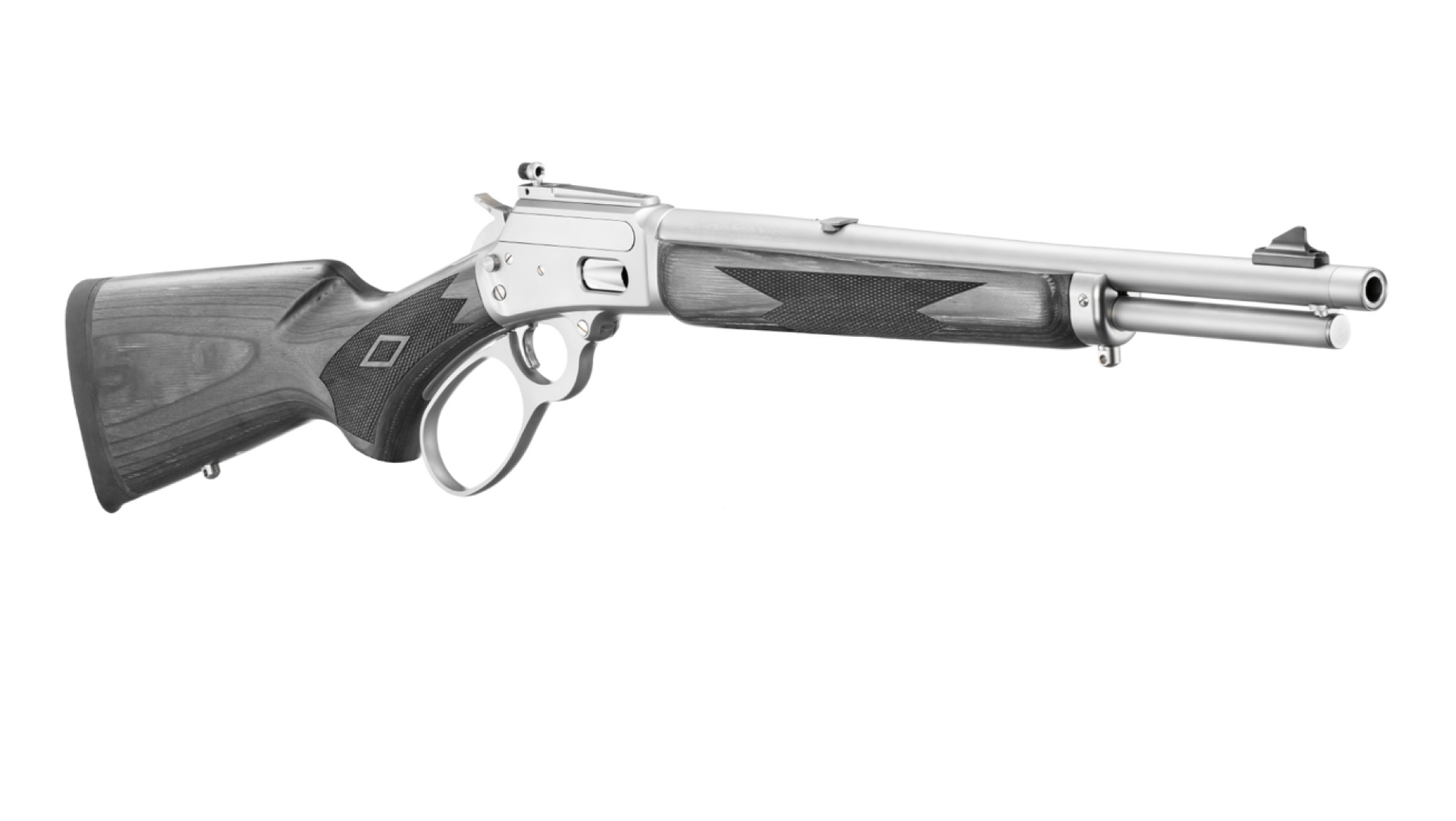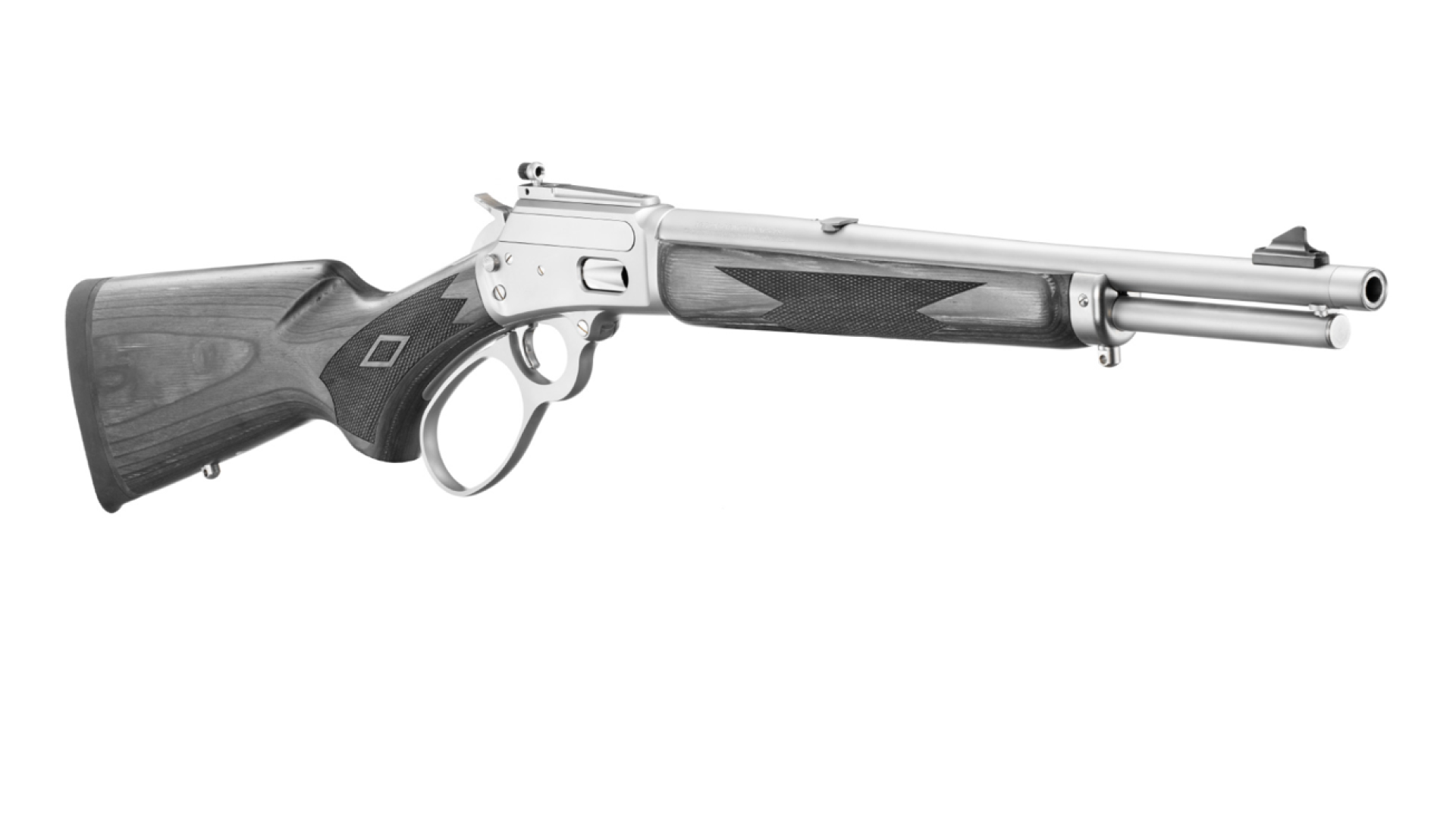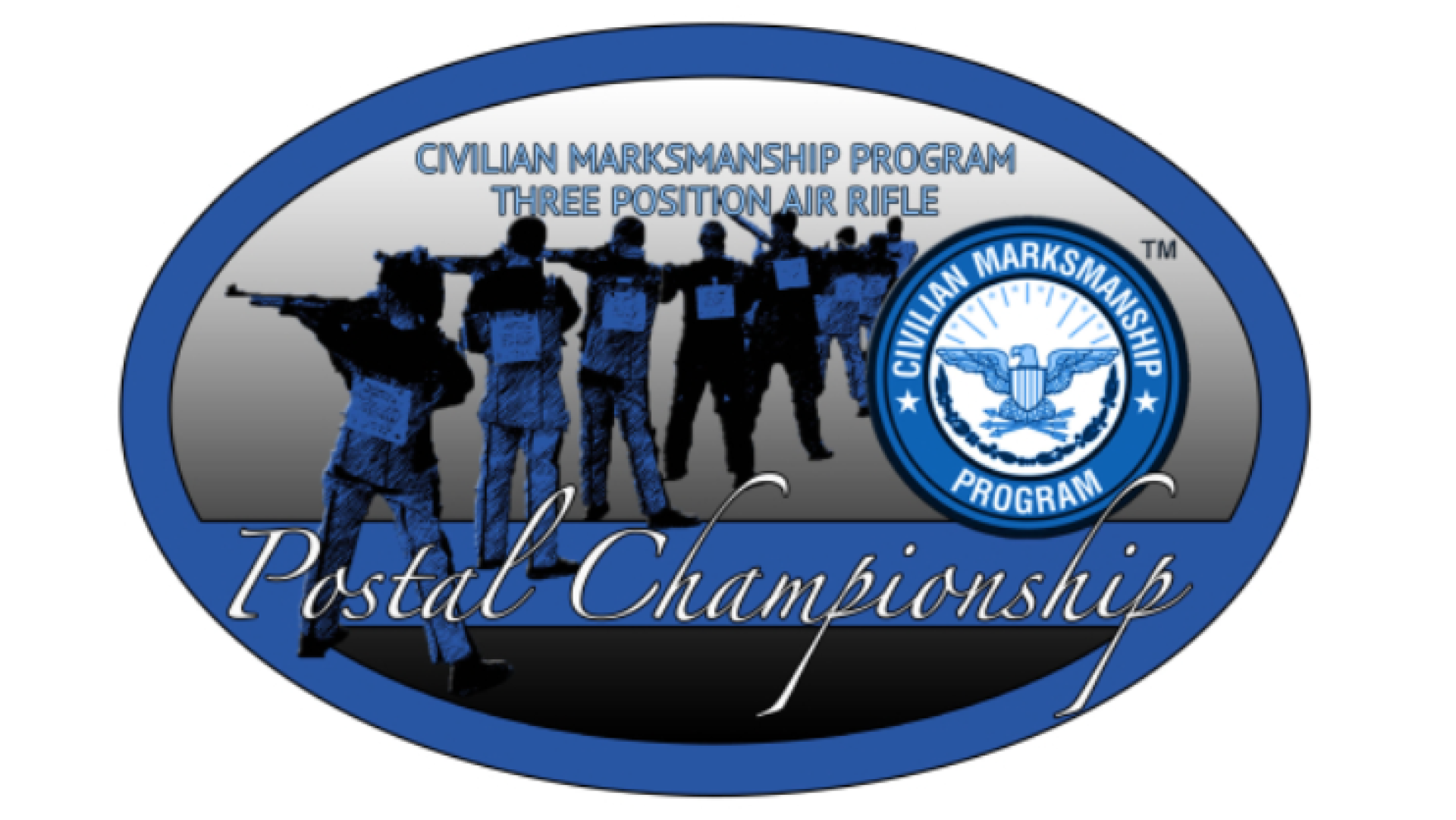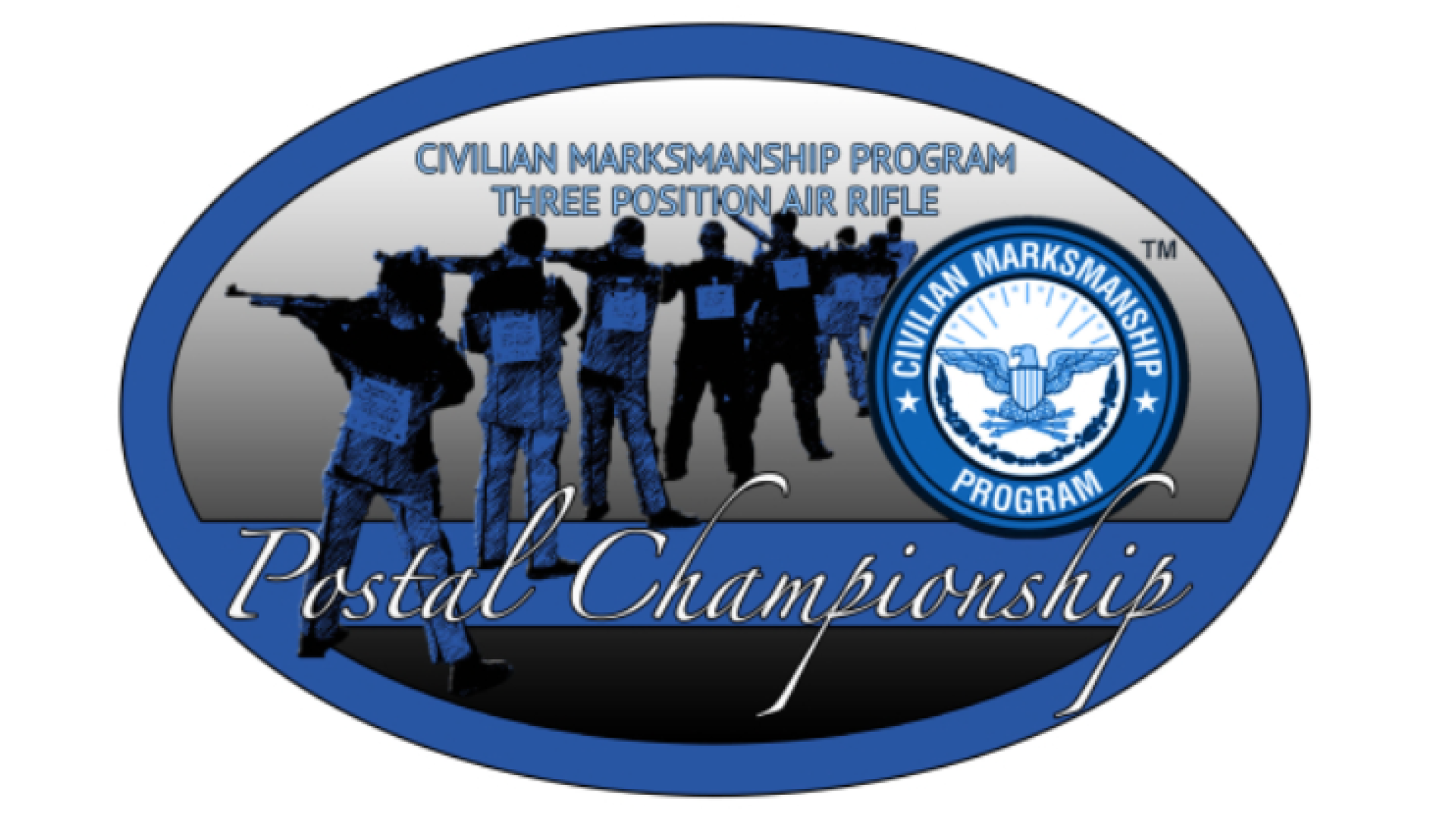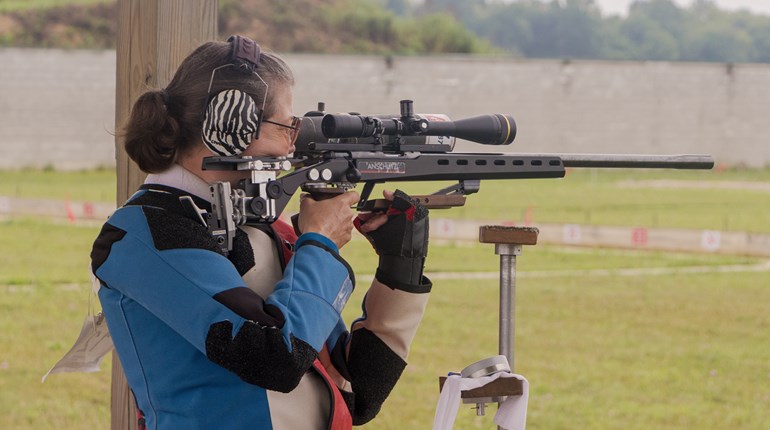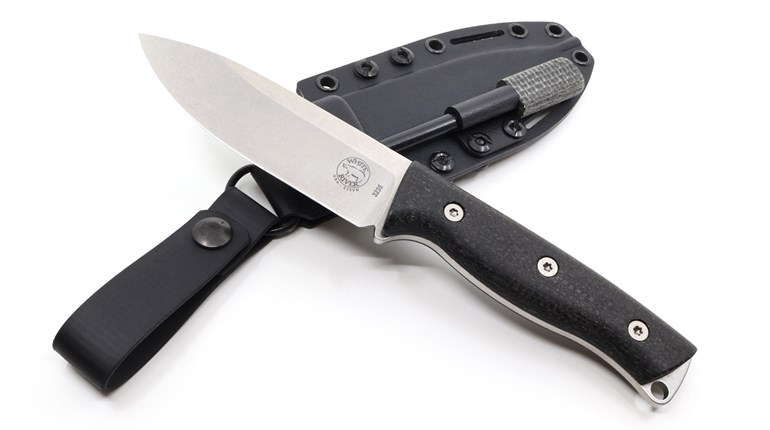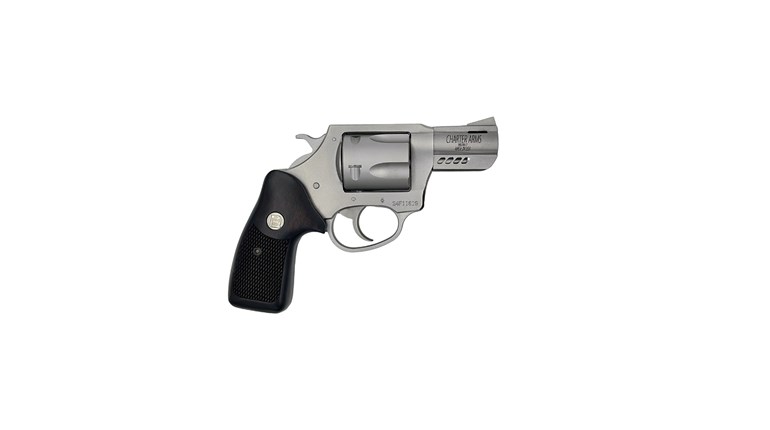
Mentoring someone who is brand-new to firearms can be one of the great joys in life. You get to show someone the proper and safe way to handle guns; you can change their entire perception of gun ownership (and gun owners); and you get to watch the smile dawn on their face as they realize that yes, they can do this too. But it's also a terrific responsibility. Someone who's introduced to firearms in the wrong way can be forever hesitant to pick one up again...or, worse, they may walk away from the experience with a negative view of what guns and shooting are all about. So it's crucial to make sure that a new shooter's experience is a positive one. Here are 10 tips to help make sure that it is.
1. Safety, safety, safety
Someone who has never actually shot a gun before is likely to have learned everything they do know from entertainment media, and as we all know, much of that is wrong. In particular, unsafe gun handling practices are regularly depicted in movies and on TV. (How many times have you seen the "good cop" go striding into a darkened room with their finger on the trigger? Don't get me started.) So long before you ever put a real gun in your "student's" hands, sit down with them and explain just how important the rules are.
2. Practice safety ahead of time
Get a "blue gun" (or, failing that, a squirt gun) and let your new shooter practice how to hold it with their finger outside the trigger guard. Show them how they need to move around the gun when it's on a table, so they'll know not to stand in front of it when on the range. If you have a laser pen (or, better still, a laser that you can mount on the blue gun), let them practice with that. Walk them through the situations they might encounter on the range, so they won't panic if something unexpected happens.
3. Model safety yourself
When you finally get your newbie to the range, make sure that you practice what you preach. Many experienced shooters can become complacent...it's just human nature. So ensure that when you're loading and unloading your guns from their cases, loading the guns themselves, and handling the firearms, that you are always following the rules yourself. To the letter. No excuses.
4. Choose a quiet day at the range
One of the things that tends to be the most surprising to a new shooter is just how loud gunfire can be, particularly in an enclosed space. (I blame the movies and TV for this. Oh no, I'm getting started again!) Most new shooters are shocked by the way that you can feel the noise as much as you can hear it, and it can be quite intimidating. You don't want your new shooter to be flinching every time the guy in the stall next to you sends a .308 Lapua downrange. If you already have a range that you attend regularly, you're probably already familiar with when it tends to be busy and when it isn't. But nevertheless, it couldn't hurt to put in a call to the range officer and make sure that the day you've chosen to bring your mentee in is going to be a quiet one.
5. Speaking of which...
Double up on ear protection. Make sure your new shooter has both soft foam plugs and earmuffs, and ensure that those plugs and muffs fit them correctly before you get there. If at all possible, take them to the store ahead of time and let them try them on. Then buy them their own ear protection. (Think about it: Would you really want to borrow someone's old earmuffs or used plugs? Yuck.) And while you're at it, make sure that they have ANSI-rated safety glasses that wrap all the way around their eye area. There's nothing that will turn a new shooter off like having someone else's hot brass casing lodge itself in between their shooting glasses and their face.
6. Manage their expectations
I've already gotten started, so I might as well keep ragging on the entertainment media. How many times have you seen this in the movies: Someone needs to learn how to shoot. Their friend puts a pistol in their hands. They grip it effortlessly, and with grim determination begin to send rounds downrange. A few seconds later, they proudly pull back a target with a perfect 1-inch hole in the center. Sigh.
Now, it's true that there is such a thing as a "natural." However, most of us need plenty of time and practice to master the gestalt of hand-eye coordination, proper grip, trigger squeeze, sight picture and all of the other things that go into shooting accurately. Before you get to the range, make sure your newbie knows that they may barely get their shots on paper their first time out. Reassure them that it's quite normal, and that all you or anyone else really cares about is that they handle the firearm safely.
7. Start small
If your new shooter is interested in learning because they want a firearm for personal protection, it may be quite tempting to start them out with a gun designed specifically for that. A snub-nosed lightweight .357 revolver, perhaps, or a 12-gauge shotgun with an 18-inch barrel. Please resist this temptation, at least the first time out. Many guns designed for personal protection offer thumping recoil and (since most personal-defense situations happen at very close range) not the greatest accuracy in the world. It's possible your new shooter may later want to try something bigger, so by all means, bring the larger calibers along. But start with something in a .22...preferably something with a long barrel and good sights, so they can experience some success before they tackle the more challenging guns.
Speaking of making it easy to succeed, instead of bringing bullseye targets, why not use paper plates instead (if your range allows it)? Any hit on the plate will count as a "win," and your newbie won't be stressing about the fact that they didn't put their first shots right on the bullseye.
8. Stay calm
I call this one the "throw the grenade" story.
Picture this: You are in the passenger seat of your car. In the driver's seat is a 16-year-old girl who has had her learner's permit for a week. You're taking her out on the highway for the first time. You ask her to take the next exit ramp. She nods, brakes a little, signals...and drives straight past the "WRONG WAY" signs and up the next on ramp. What do you do?
Well, that 16-year-old girl was me, and the man in the passenger seat was my father. What he did was he said, very calmly, "OK, now why don't you go ahead and pull over?"
"Huh? Why?" I asked.
"Just go ahead and pull over into the breakdown lane," he replied, sounding like he might be sitting in his recliner and sipping on a hot cocoa.
So I did. And about five seconds later, a pickup truck came tearing down past us in the other direction at about 45 miles an hour. After I recovered from the realization that I'd almost just gotten us creamed, I asked my dad, an Army colonel, how he'd stayed so calm.
"Well, because if I'd yelled at you, you would have panicked. Locked up. Kept doing what you were doing while you tried to figure out why I was yelling. I learned that training soldiers. I can't tell you how many times I've stood next to a soldier who has just thrown the firing pin, and is now looking at me expectantly with the grenade in his hand. And what I always say is, just as calm as can be, 'OK, that's great. Now throw the grenade.'"
Why am I telling you this incredibly embarrassing story of my first adventures on our public highways? Because it's entirely possible that, caught up in the excitement and trying to concentrate on a bunch of new things at once, your mentee might make a mistake. Perhaps he or she leaves the gun pointed downrange after the RO has called a ceasefire. Or hands you the gun without verifying that the chamber is empty. What's important is that you remain calm, and simply tell them in a conversational tone what to do next. If you must take over the situation yourself, by all means do so, but don't do anything to panic them. (Hopefully, there won't be any grenades—or Ford Tauruses—involved.)
9. It's not about you
Another thing that can be very tempting for an experienced shooter is to show off just a bit. Hey, we're all human. Do resist the temptation to take the gun from your new shooter's hands and show them just how many bullets you can put through the same hole in that target. Remember, this is for them. Praise them for the hits that they do make, and positively reinforce every time they do something safely and correctly.
10. Follow up
You're all done shooting, the guns have been put away, and now it's time to go home. The lesson isn't over, though. Ask them how they felt about the experience, and listen to their answers. If they still have questions, answer as honestly as you can. If you don't know the answers, find someone who does. Perhaps they may be interested in receiving further instruction in a classroom environment from an NRA-certified instructor. (It might be a good idea for you to go with them, too: A little refresher course never hurt anyone, and having someone they know with them will help them feel more comfortable.)
Most importantly, invite them along the next time you go to the range, too. Until they make some friends in the shooting community, they may be hesitant to go back to the range by themselves.

